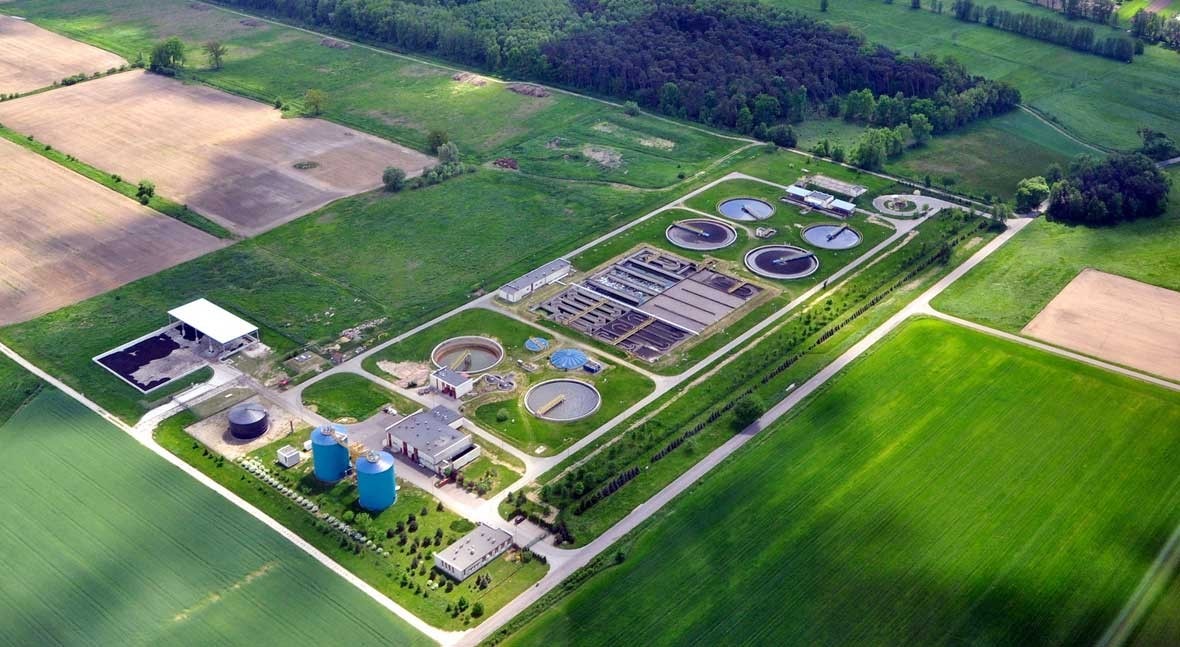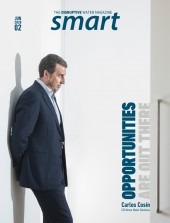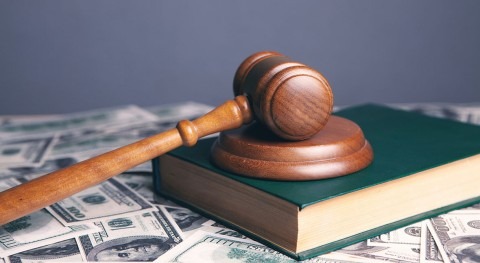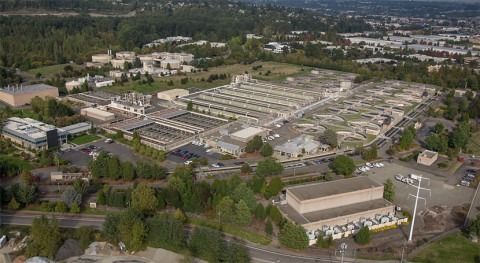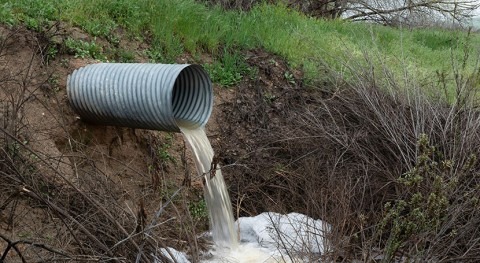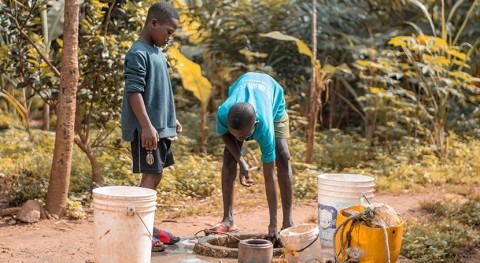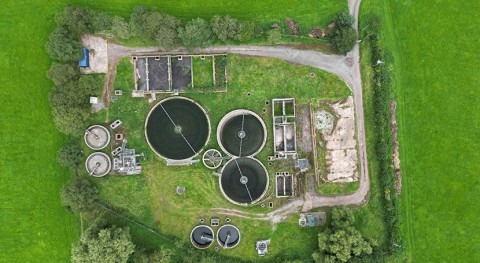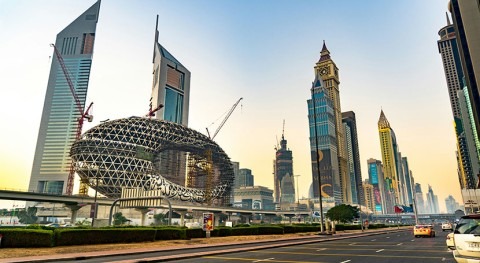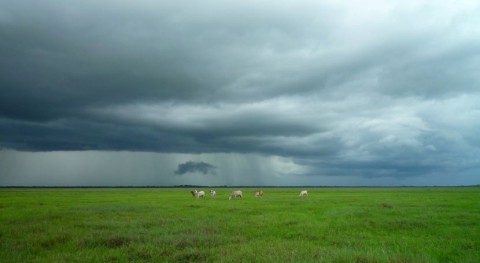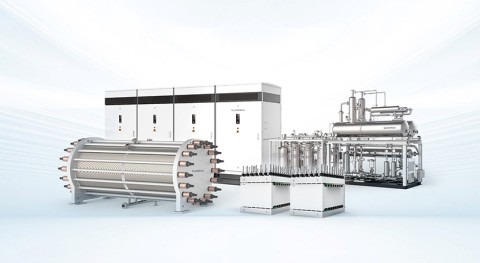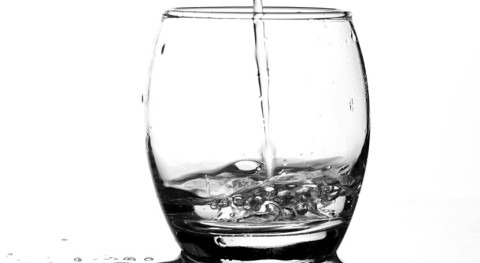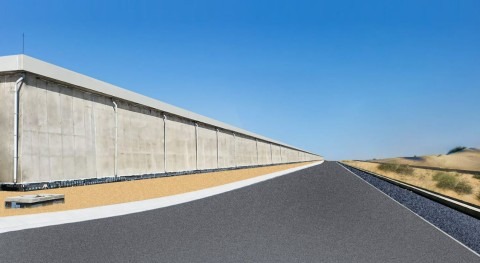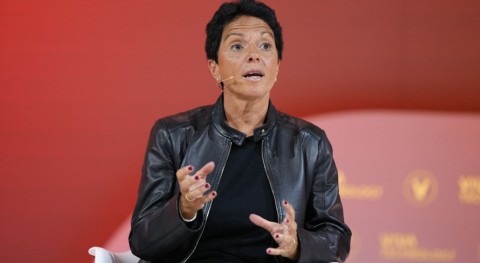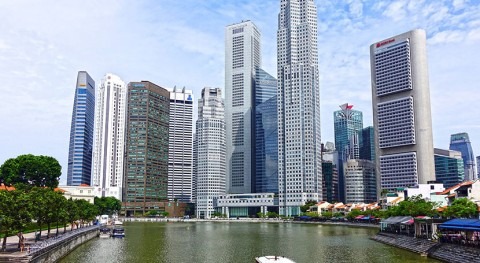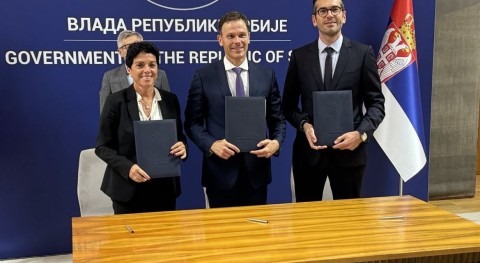In the face of water shortage and a growing population who needs to grow its food, water reuse for irrigation purposes emerges as a solution to mitigate water resource scarcity and adapt to the consequences of climate change, but also as an opportunity to create green jobs and enable companies, governments and users to nurture together a more resilient Europe.
Water stress, combined with the relentless effects of climate change, is an increasingly noticeable problem in Europe. These problems are even more palpable in southern countries, where drought, together with overexploitation of water resources, means that countries like Italy, Greece, Spain or Cyprus need real solutions to provide water for agricultural purposes and ensure food production.
This situation calls on governments and companies to find solutions that must support the circular economy and water reuse, in a safe manner and with a firm commitment to protecting human health and the environment.
The new regulation proposed by the EU intends to increase the flexibility in the legislation on water reuse for irrigation purposes
In this regard, the European Commission has been working since 2014 to create a common regulation to drive water reuse in all European Union countries, in order to ensure a broader use of treated wastewater and limit the overexploitation of water bodies. This commitment is now a reality, and last May the European Parliament approved the new regulation to promote water reuse for agricultural purposes, a practice that is currently well established in very few Member States.
The decision adopted by the European Parliament will relieve pressure on the freshwater supply, allocating more water for irrigation purposes in a region, Europe, with more than 10 million hectares under irrigation and which only reuses a sixth part of the 40,000 million cubic meters of wastewater treated every year.
But the new legislation on water reuse does not only have ecological benefits, it also provides an opportunity for change and professional development in the agricultural sector, which uses 70% of the water consumed worldwide.
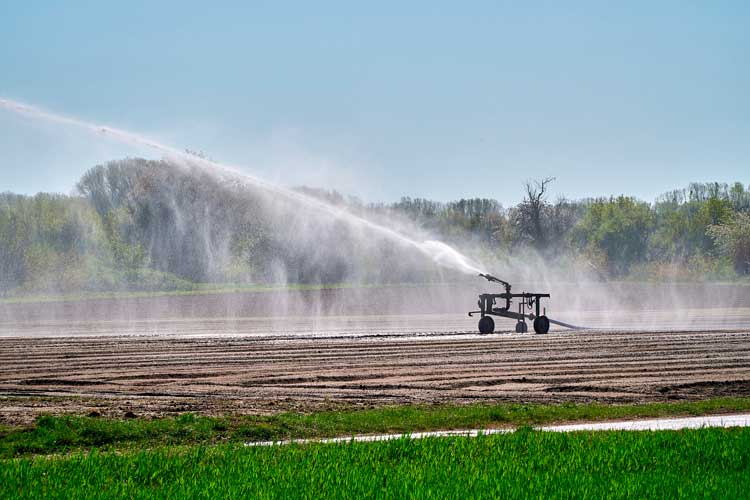
European flexibility for water reuse
Contrary to popular belief, low water availability does not only occur in areas with little rainfall, but also in areas that are densely populated or have significant industrial or irrigation activity. Not only do intensive industrial or agricultural activities lead to issues with water availability; poor water quality, due to pollution sources or an excess of nitrates, also may result in low freshwater availability.
The satellite observation system of the European Union and the European Space Agency, Copernicus, warned that heat waves in the spring and summer of 2018 and 2019 in western Europe caused drier and warmer weather than usual, leading to severe drought conditions. Copernicus also warned that one of the major threats Europe faces in the near future is an increase in the frequency and duration of periods of drought, something that the European Union had already pointed out; as indicated in the "Report on the Review of the European Water Scarcity and Droughts Policy", at least 11% of the continent's population had been affected by water scarcity in the past few years.
Water reuse represents the most viable alternative to guarantee agricultural development without compromising water quality
Water management and environmental protection are European competences, and the European Commission is committed to protecting Europe's waters, given that more than 50% of river basins in the European Union are cross-boundary, shared by several Member States. The European Union considers that harmonising current legislation dealing with water reuse will increase the confidence of users and individuals on this practice, serving to establish common requirements to ensure water quality and control.
This new regulation intends, in addition to provide a solution to scarcity issues, to allow for more flexibility in water reuse legislation, so that the competent authorities in each country can make choices regarding the use of reclaimed water, and each Member State can decide whether to use reclaimed water for agricultural irrigation throughout its territory, or only in certain areas.
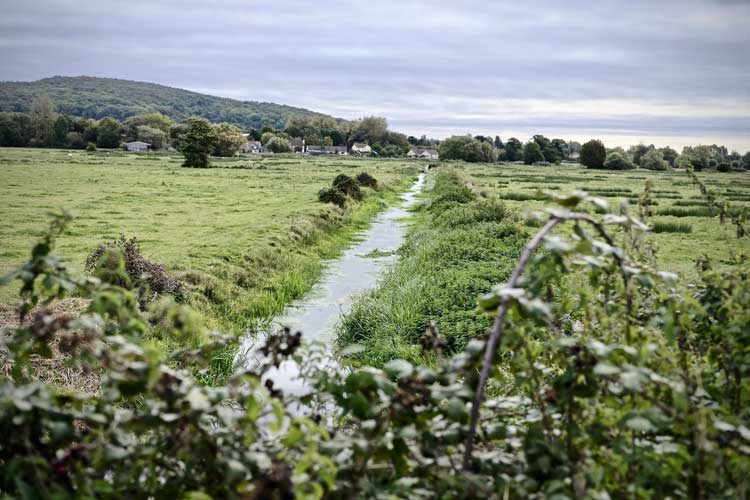
The need to invest in the circular economy
The world's water market is growing rapidly and the water sector is fortunate to be a very much needed sector. Its critical nature has been well demonstrated during the coronavirus crisis: the water sector has been an essential service to ensure the well-being of people.
In fact, it is estimated that by 2030, the global water demand will grow by up to 50%. Parallel to water demand growth, so will grow wastewater streams from a population which is also increasing exponentially, demanding more food and in need of a sustainable agriculture. Faced with this scenario, water reuse represents the most viable alternative to guarantee agricultural development without compromising water quality and quantity, and therefore this practice has broad potential in terms of green job creation.
Even though it has many benefits, water reuse continues to be an outstanding issue in many countries in the European Union
Water reuse can be an important source of benefits, not only social or environmental, but also economic ones. In addition to improving the state of the environment, it also results in savings when compared with other water treatment processes such as desalination, since water reuse has lower investment and energy costs, helping to reduce greenhouse gas emissions. A good example of circular economy.
Although it is widely recognised that water reuse has a low environmental impact, its use in the European Union is limited, with Spain being the leading country in the European water reuse market since 2010.
The European Commission thinks the low uptake could be due to financial reasons. Two of the main reasons include the investment needs to improve urban wastewater treatment plants and a lack of financial incentives to implement water reuse for agricultural purposes.
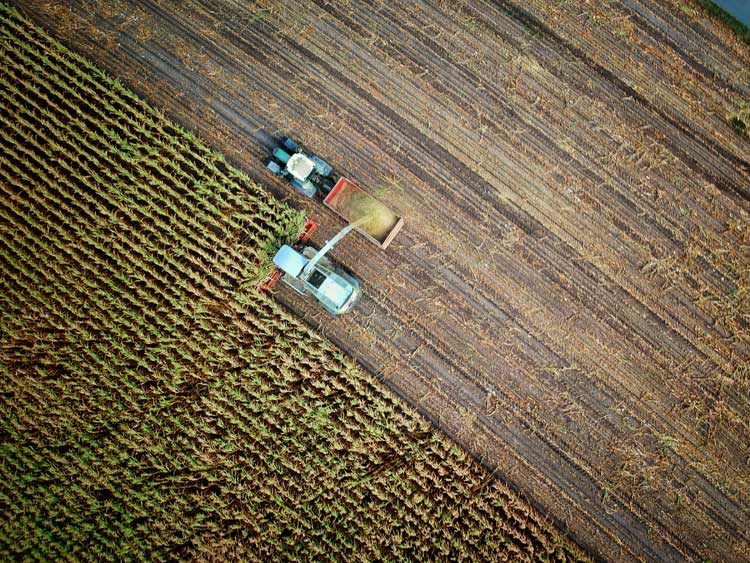
Wastewater generates jobs
To expand this practice in Member States, the water sector would need infrastructure and professionals according to the technical specifications of treatment. A large portion of them should be qualified workers.
Moreover, current technology allows the production of different qualities of reclaimed water. The purpose is to obtain water that can be put to different uses, and therefore expand the useful life of water that had already been used for domestic or industrial purposes. However, we should make clear that, to reuse water for agricultural purposes, the resource must undergo advanced tertiary treatment, and it is here where there could be new employment opportunities.
The European Commission has been working since 2014 to create a common regulation to drive water reuse in all European Union countries
Wastewater generates jobs. If we encourage water reuse, with a commitment to sustainability, we are directly supporting job creation. New water practices and uses will drive the creation of new companies and green developments in many others, creating new jobs.
Also, research is not exempt from this opportunity. Now more than ever, research plays a crucial role to do away with fears and reluctance to use reclaimed water. Besides, science must be the main driver of new technologies for this practice, fostering lower energy use and lowering process costs.
But this is not possible without an initial investment by states. The implementation of these systems entails an important initial investment, but the profit margin is quite positive, because the investment pays back in a few years, with noticeable savings.
Even so, water reuse continues to be an outstanding issue in many countries. Investments by integrated water cycle actors will come after there is social awareness and much needed public education to make the benefits of water reuse known, encouraging us all to build a green and much more sustainable Europe.


